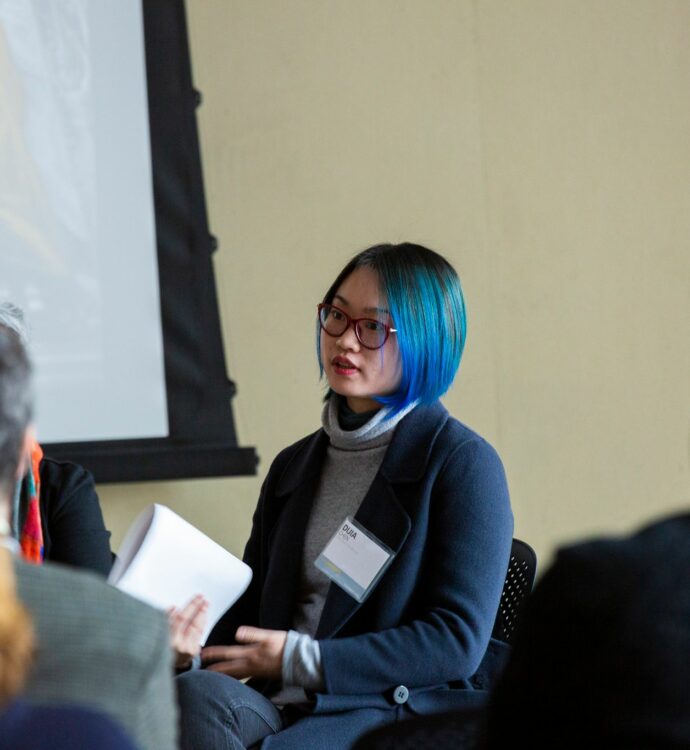
Fellowship and Grant Programs
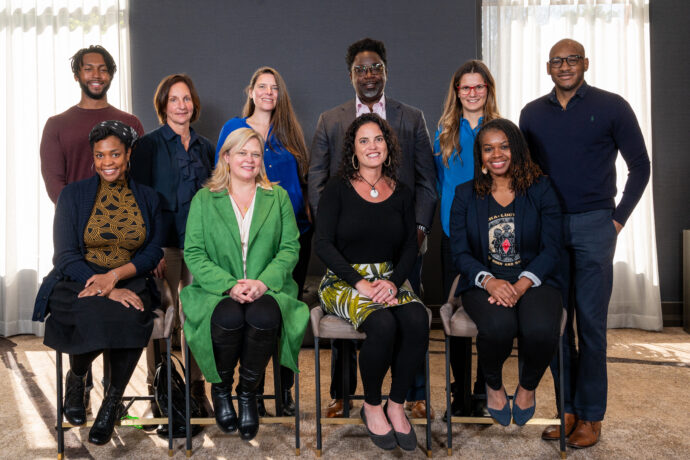
Over the past century, ACLS has supported individual scholars and scholarly teams around the world in their pursuit of research with the potential to advance knowledge in the humanities and interpretive social sciences.
Our current focus includes providing more pathways for those who have traditionally had less access to external research support and scholarly resources, including first-generation scholars, people from historically marginalized communities, and non-tenure track faculty.
Our Process
Fellows and grantees in all programs are selected by committees of scholars appointed for this purpose. Learn more about peer review.
ACLS seeks to embed our commitment to inclusive excellence in all of our fellowship and grant programs, from our recruitment of peer reviewers to the evaluation of proposals and the administration of awards.
So long as they meet each program’s eligibility requirements, individual scholars may apply to as many fellowship and grant programs as are suitable. However, no more than one ACLS fellowship may be accepted in any one competition year.
Learn more about the 2024-25 competitions and deadlines.
Please note that many programs require applicants to have an ORCID iD.
Promoting Access
ACLS is committed to ensuring that our fellowship and grant opportunities are accessible to excellent scholars working across the diverse landscape of higher education and beyond the academy. ACLS offers “office hours” for many programs where applicants can gain answers to questions about our competitions and the review process directly from our team of program officers. We also host webinars on the latest opportunities and application best practices throughout the year.
Each program has specific eligibility criteria designed to advance program goals. Please read the descriptions for each competition carefully and review their specific FAQs for more information on what types of applications are or are not eligible.
ACLS administers several programs that are also open to applicants who are not US citizens or are based at institutions outside the United States. Learn more about applying as an international applicant.
See additional information for institutional administrators.

ACLS Community Benefits
In addition to resources that allow scholars to pursue important research, focus on writing, and work as part of publicly-engaged initiatives, ACLS programs offer another invaluable benefit: community.
ACLS programs serve as important connectors and professional development centers for a thriving community dedicated to the development, advancement, and sharing of humanistic knowledge in all its forms.
Each year, ACLS fellows and grantees are invited to participate in carefully designed convenings and workshops that allow them not only to share their work with peers in their program cohorts but connect with leaders in their fields and build important professional relationships beyond their departments and home institutions. These include mentoring programs, career development workshops for those interested in exploring fields beyond the classroom, and peer exchange sessions for scholars involved in publicly engaged and community-facing work.
ACLS convenes higher education, learned society, and foundation partners through year-round live and virtual public programs. Current and former awardees are often invited to share their research, as well as their perspectives on the future of humanistic scholarship and how to better support faculty, improve diversity of study and scholars, and strengthen the academy.
ACLS also works closely with our learned society members to amplify and connect important initiatives – on scholarship, professional matters, and the public dimensions of the humanities – ongoing on within the societies.
The Humanities and Interpretive Social Sciences
For the purpose of these competitions, the humanities and interpretive social sciences include but are not limited to American studies; anthropology; archaeology; art history and architectural history; classics; economics; ethnic studies; film and media studies; gender studies; geography; history; languages and literatures; legal studies; linguistics; musicology; philosophy; political science; psychology; religious studies; rhetoric and communication; science and technology studies; sociology; and theater, dance, and performance studies.
However, proposals in the social science fields listed above are eligible only if they employ predominantly humanistic approaches and qualitative/interpretive methodologies (e.g., economic history, law and literature, political philosophy, history of psychology). Proposals in interdisciplinary and cross-disciplinary humanities and related social sciences are welcome, and most programs do not restrict the focus of research to any geographic region or to any cultural or linguistic group of study.
Learn more about what qualifies as humanities and interpretive social sciences.
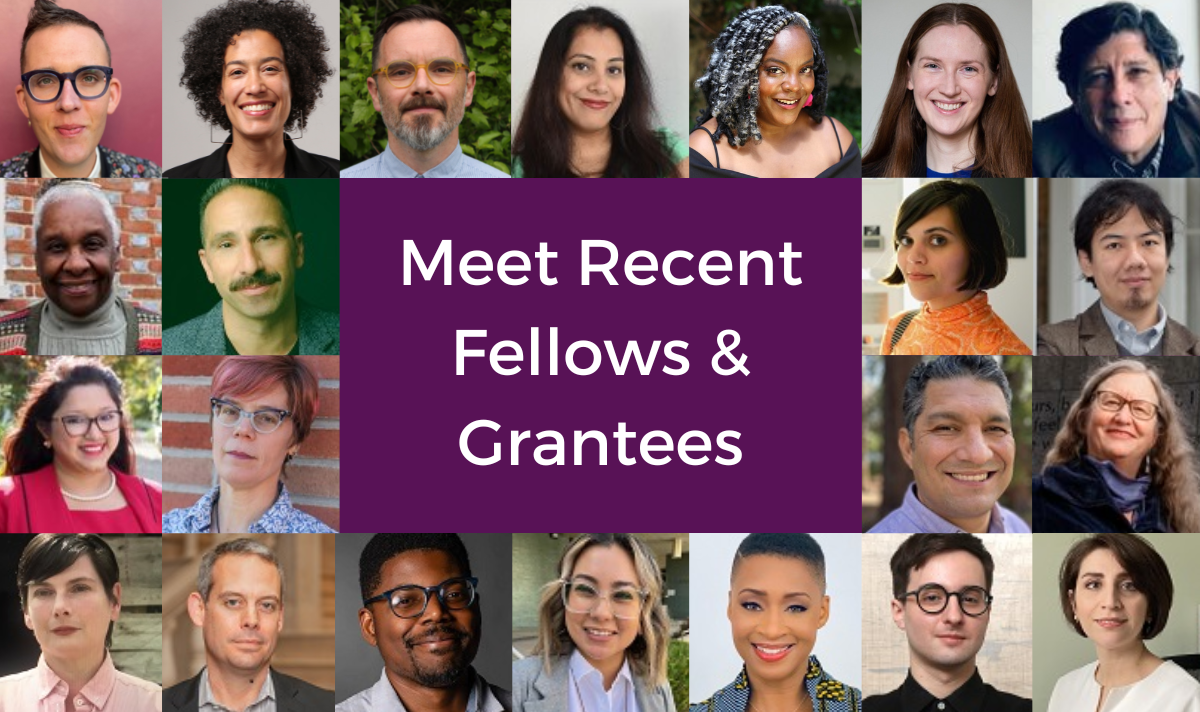
Learn more about recent awardees and their work.
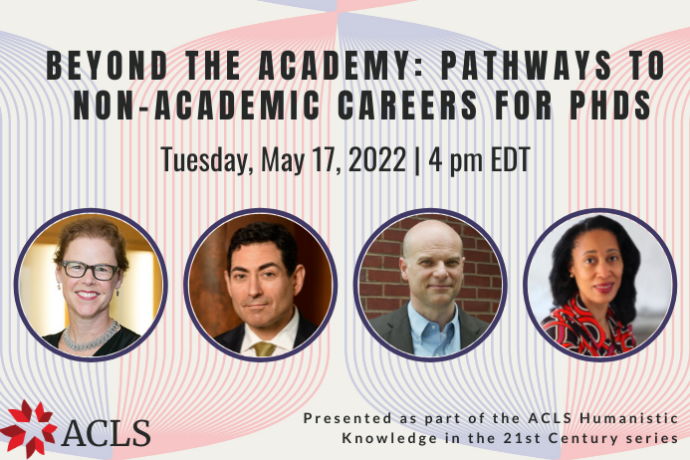
Learn more about events for scholars presented by ACLS.
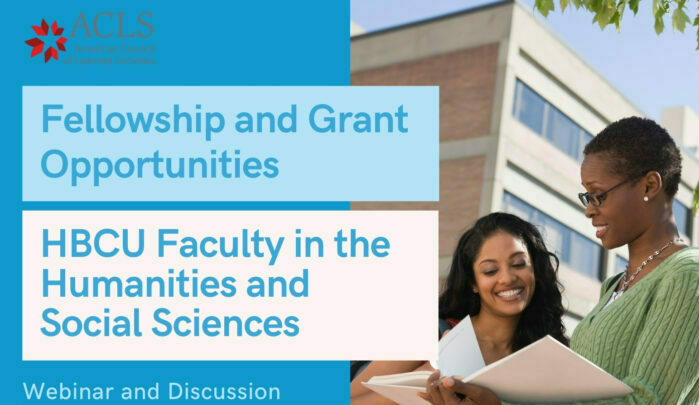
Learn more about ACLS resources for scholars.
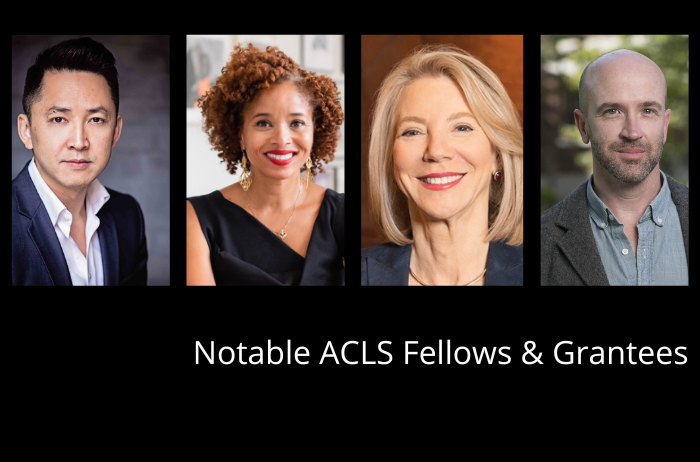
Learn more about notable scholars ACLS has supported.

